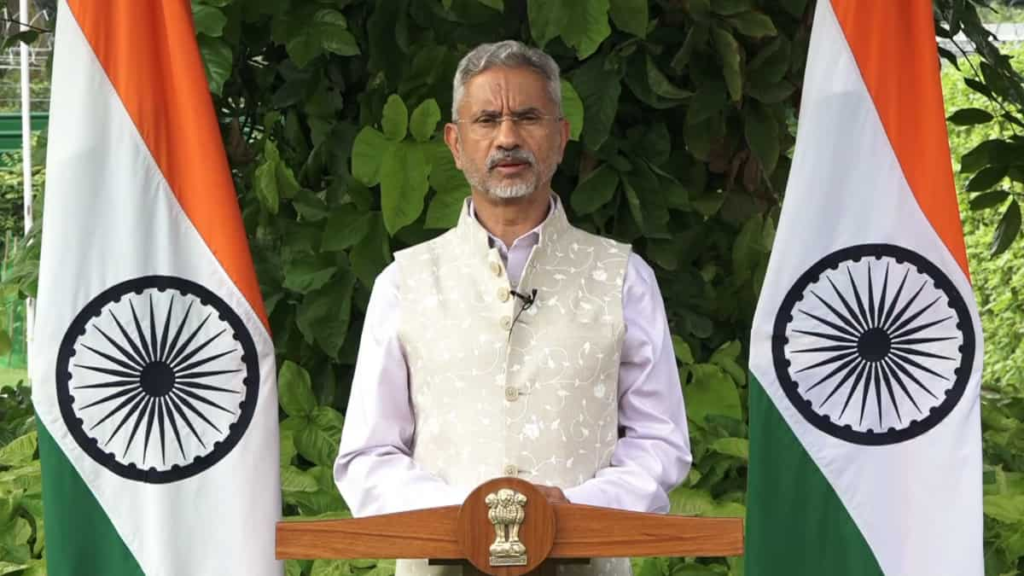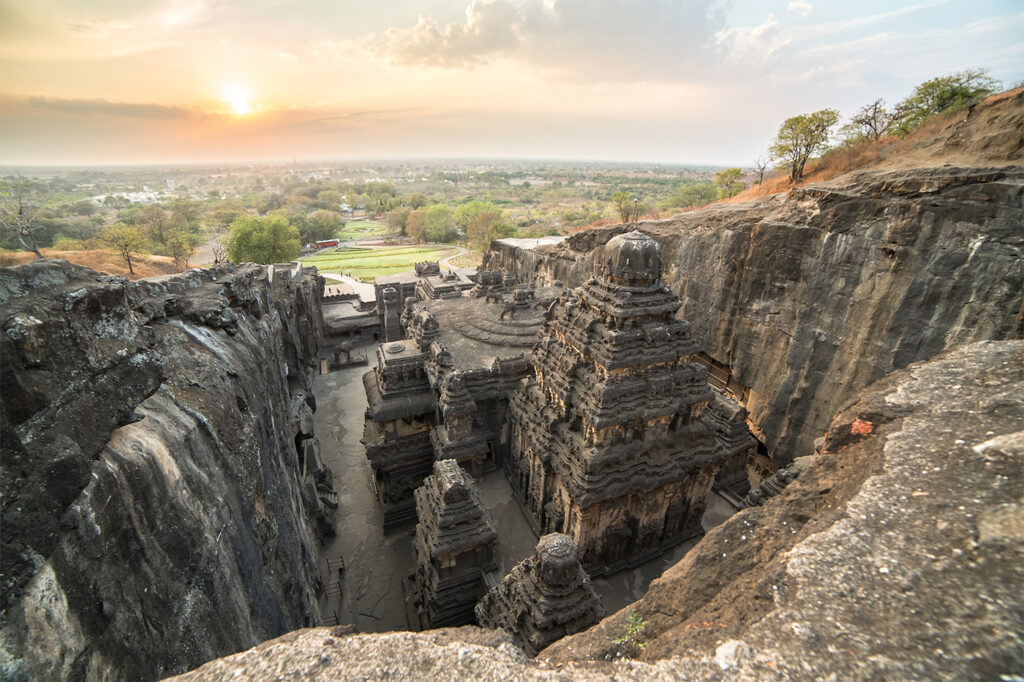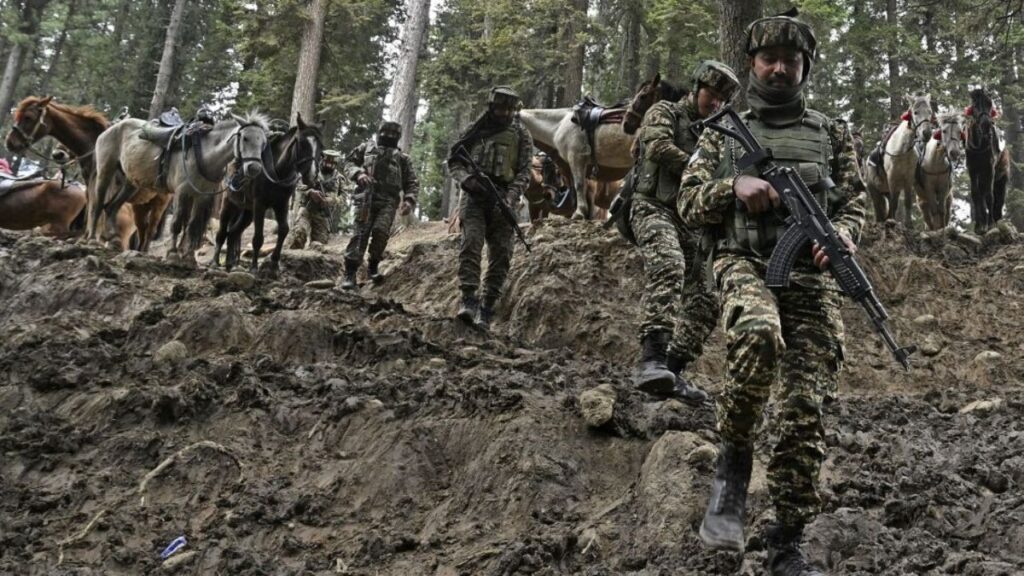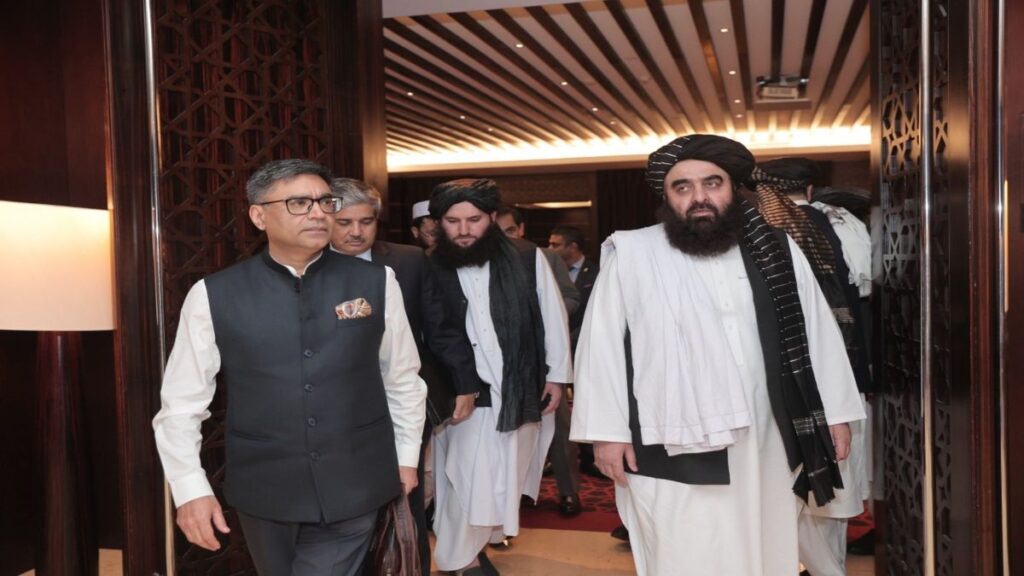
View from Delhi: No talks with Pakistan yet, the old cycle won’t continue
As the dust settles over Pakistan hosting the Shanghai Cooperation Organisation’s (SCO) head of government meeting, it is clear in the Indian subcontinent that the group is all about India-Pakistan engagement. To understand SCO, a group that was formed in 2001, one needs to understand its protocols and the group.
SCO has 10 members, India, Pakistan, Russia, China, Iran, Belarus and the four central Asian countries viz., Kazakhstan, Kyrgyzstan, Tajikistan and Uzbekistan. In 2017 the group expanded to include India and Pakistan. Since then, two expansions have taken place to include Iran and Belarus.
Each member of the grouping gets to chair the summit, which involves the head of state (HoS), and the head of government (HoG) which is basically at the prime minister’s level. Whoever hosts the HoS summit is the chair of the grouping for that year and hosts all major events associated with SCO that year, which includes foreign ministers, defence ministers, and security officials. India was the chair of SCO last year and hosted the summit and other related meetings, virtually.
The events included the foreign ministers’ meeting as well, which saw then-Pakistani Foreign Minister Bilawal Bhutto travelling to Goa. His visit naturally dominated the foreign minister meeting, since he decided to host an ill-conceived presser involving just the Pakistani media and mentioned Kashmir. India’s response was strong, and External Affairs Minister (EAM) S Jaishankar’s presser was a visible manifestation of seething anger.
The ghost of Goa was buried with the “courteous” actions of Jaishankar, as described by himself ahead of the visit. A few days ahead of his visit, the EAM said that he was going to Islamabad in a multilateral context and not to discuss India and Pakistan.
“Since I’m a courteous, civil person, I will behave myself accordingly.”
Two public handshakes, one national statement, one tree planting and one morning walk all that in the almost 24-hour-long visit.
Watch | SCO Summit in Pakistan
Pakistani media and officials have been in full flurry of sending feelers that Islamabad, Rawalpindi and Jati Umra are on the same page on talks with India. Cricket is seen as low-hanging fruit by them, though it has been dismissed by the Indian side that resumption of cricket ties is not on the cards. MEA spokesperson Randhir Jaiswal on Thursday (Oct 17) said: “Nothing of that sort happened…also the reports were not accurate.”
As the hullabaloo over the visit dies down, the point is clear, New Delhi’s policy of “talks and terror” can’t go together, continues. The policy that came into being after Pathankot (2016) and the Pulwama terror attack (2019), has seen a decreased engagement with Pakistan in all spheres – political, entertainment and sports. After India removed special status for the erstwhile state of Jammu and Kashmir, Pakistan cut down further engagement, by expelling an Indian envoy, cutting rail, road, and bus linkages and stopping trade to almost nil barring pharma.
Pakistan will continue to harp on Kashmir, as seen ahead of Indian EAM’s visit by comments made by Pakistan’s Foreign Minister Ishaq Dar. Islamabad cannot let go of Kashmir rhetoric, simply because the political rhetoric in the country is tied to it. The country won’t be able to do anything much about it, other than making comments that serve the “establishment”.
Even Turkish President Recep Tayyip Erdogan, who once found it quite fashionable to mention Kashmir at the United Nations General Assembly (UNGA), has now moved on to matters he deems more pressing. When even your allies start to ignore the script, it’s time to consider one might be performing in an empty house.
Today, New Delhi has no interest, incentive or stakeholdership in talking to Pakistan. The country has been supportive of anti-India elements, and terror groups like JeM, LeT, and tiredness remains over the conversational quagmire with Islamabad. 70 years is a long time, and for India’s next generation, they look upon Pakistan not with the burdened eyes of history but with the indifference of those who have moved on. No stakes, no baggage – just another dot on the map.
Coke Studio Pakistan may be popular for many while going to work in Gurgaon, Mumbai and Bengaluru but it is only there till the playlist changes to the next new song. For many Indians today, Pakistan is just another country, a country with which India has a negative past and an uncertain future.
Disclaimer: The views of the writer do not represent the views of WION or ZMCL. Nor does WION or ZMCL endorse the views of the writer.





Responses